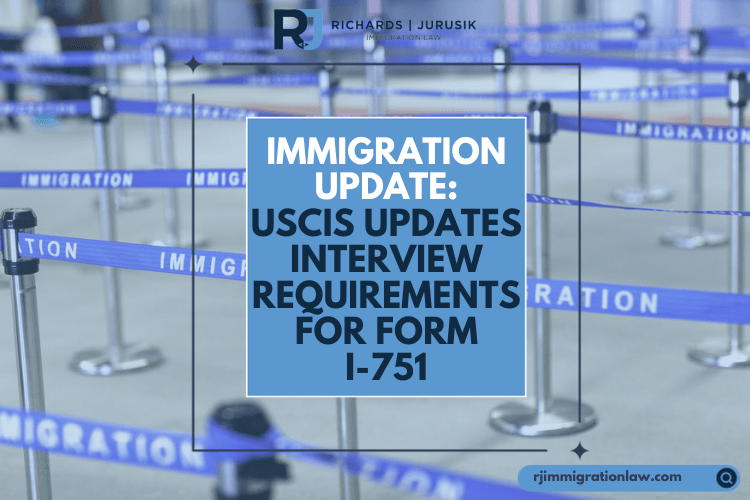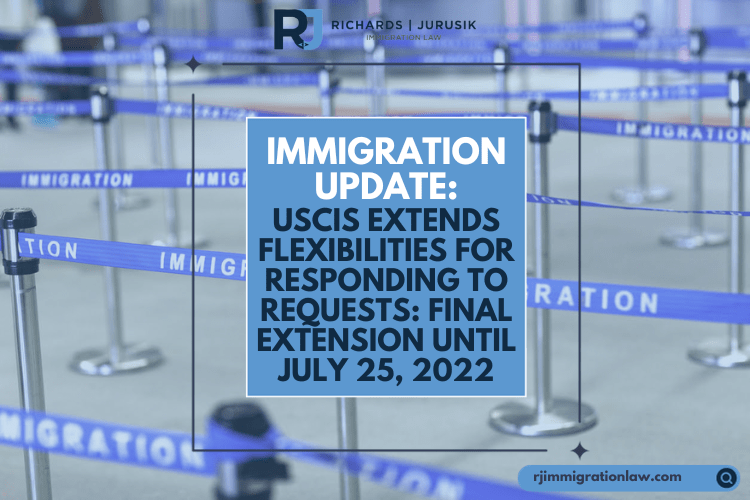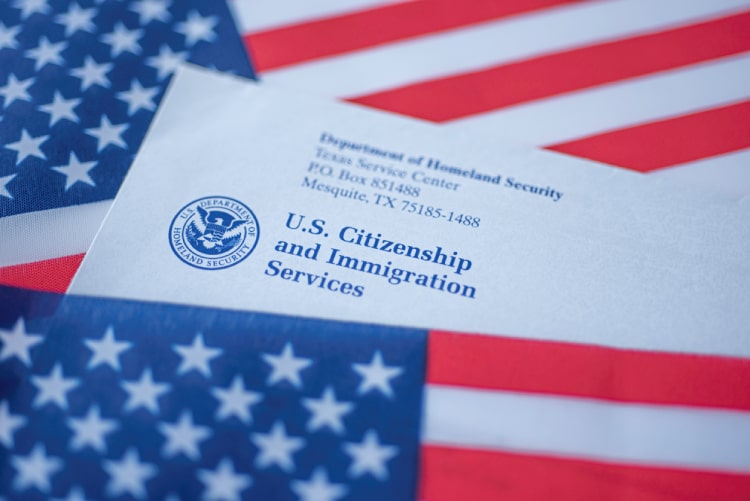Domicile is a crucial requirement in the immigrant visa process, often mistaken for similar terms like residence or citizenship. Yet, it is distinct for immigration purposes. Domicile is not merely about where you are at the moment; it’s about where you plan to set down your roots permanently or indefinitely. This term refers to a place chosen as a permanent home, where one intends to return even after periods spent elsewhere. We discuss the importance of domicile for immigration purposes here.
Why Does Domicile Matter in U.S. Immigration?
Understanding domicile is critical for anyone navigating the U.S. immigration system. It impacts:
- Affidavit of Support: Sponsors for specific visa categories must prove U.S. domicile to financially support an intending immigrant financially, ensuring the immigrant won’t need public funds.
- Tax Considerations: Your domicile affects your tax obligations, with U.S. domiciliaries liable for taxes on global income.
- Estate Planning: How your estate is managed and distributed upon death can vary significantly based on your domicile, especially relevant for those with assets in multiple countries.
Establishing Your Domicile in the U.S.
To establish a domicile in the United States, consider the following key actions:
- Physical Presence: Initiating your domicile can start with living in the U.S., even temporarily.
- Intent to Remain: Beyond physical presence, you must demonstrate a clear intention to stay. This could involve buying property, securing local employment, or engaging with community institutions like schools.
- Minimizing Foreign Ties: Severing or significantly reducing ties to other countries can reinforce your U.S. domicile status.
Special Conditions for U.S. Sponsors
For U.S. sponsors, living outside the States doesn’t automatically negate domicile. Conditions allowing for domicile outside the U.S. include:
- Employment with specific organizations.
- Temporary living abroad with a maintained U.S. domicile.
- A bona fide intention to reestablish U.S. domicile by the time of the immigrant’s U.S. admission.
Conclusion
Domicile is more than your current living situation; it reflects a long-term commitment to a permanent home, which is integral for immigration processes like the Affidavit of Support, tax obligations, and estate planning. Establishing and proving a domicile involves physical presence and demonstrable intent to remain within the U.S., alongside minimizing ties elsewhere.
Subscribe to Our Resources Blog
Schedule a Consultation with an Immigration Lawyer
Citations
We Can Help!
You may have questions regarding the immigrant visa process. We invite you to contact our team at Richards and Jurusik for detailed guidance and assistance. We aim to provide the most accurate and up-to-date information to make your immigration process smoother and less stressful. The immigration lawyers at Richards and Jurusik have decades of experience helping people to work and live in the United States. Read some of our hundreds of 5-star client reviews! Contact us today to assess your legal situation.







